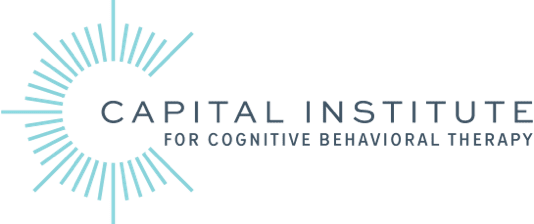Capital Institute Supports CBT Organizations’ Statements on Racism
In the wake of the recent deaths of George Floyd, Breonna Taylor, and Ahmaud Arbery, major organizations of CBT therapists, including the Academy of Cognitive and Behavioral Therapies, the Association for Behavioral and Cognitive Therapies, and the Association for Contextual Behavioral Science, have issued statements on racism, discrimination and violence.
While the wording in each statement differs, the themes are the same: these killings are recent examples of a long history of violence against people of color; they are manifestations of broader patterns of bias and discrimination in our society; racism negatively impacts the physical and mental health of affected people. The statements also call for all of us to reflect on our role in maintaining these systems and how we, as CBT therapists and researchers, might act to bring about change.
As a practice, we stand by and support these statements. We have long believed in the importance of understanding the racial, ethnic, religious, sexual, gender and other identities of the people with whom we are privileged to work. We have witnessed the destructive impact of bias, discrimination, violence and economic injustice on the lives and mental health of our patients, colleagues, families and friends. We know that true healing comes not just from addressing symptoms, but from a recognition and acknowledgement of the impact of these experiences.
In discussions over the last week, the therapists at Capital Institute have reflected on the pain expressed by our patients, our colleagues and other people in our lives over recent events. And we have committed ourselves to continued listening, reflection, learning and action. While much of the professional work we do takes place in the privacy of our offices, we know that solutions must be found in the systems that make up our society, and these solutions must involve respect and care for all involved. We also realize that people of good faith may not always agree on the best strategies and solutions to these problems. But to do nothing is not acceptable.
Dr. Stephen Holland, Director of Capital Institute, serves on the Board of Directors of A-CBT. Many members of our clinical team are active in ABCT and ACBS. Click these links to access the full statements from A-CBT, ABCT and ACBS. And here for recommendations on how to cope with the pain and anger from discrimation as well as additional resources from the American Psychological Association.
